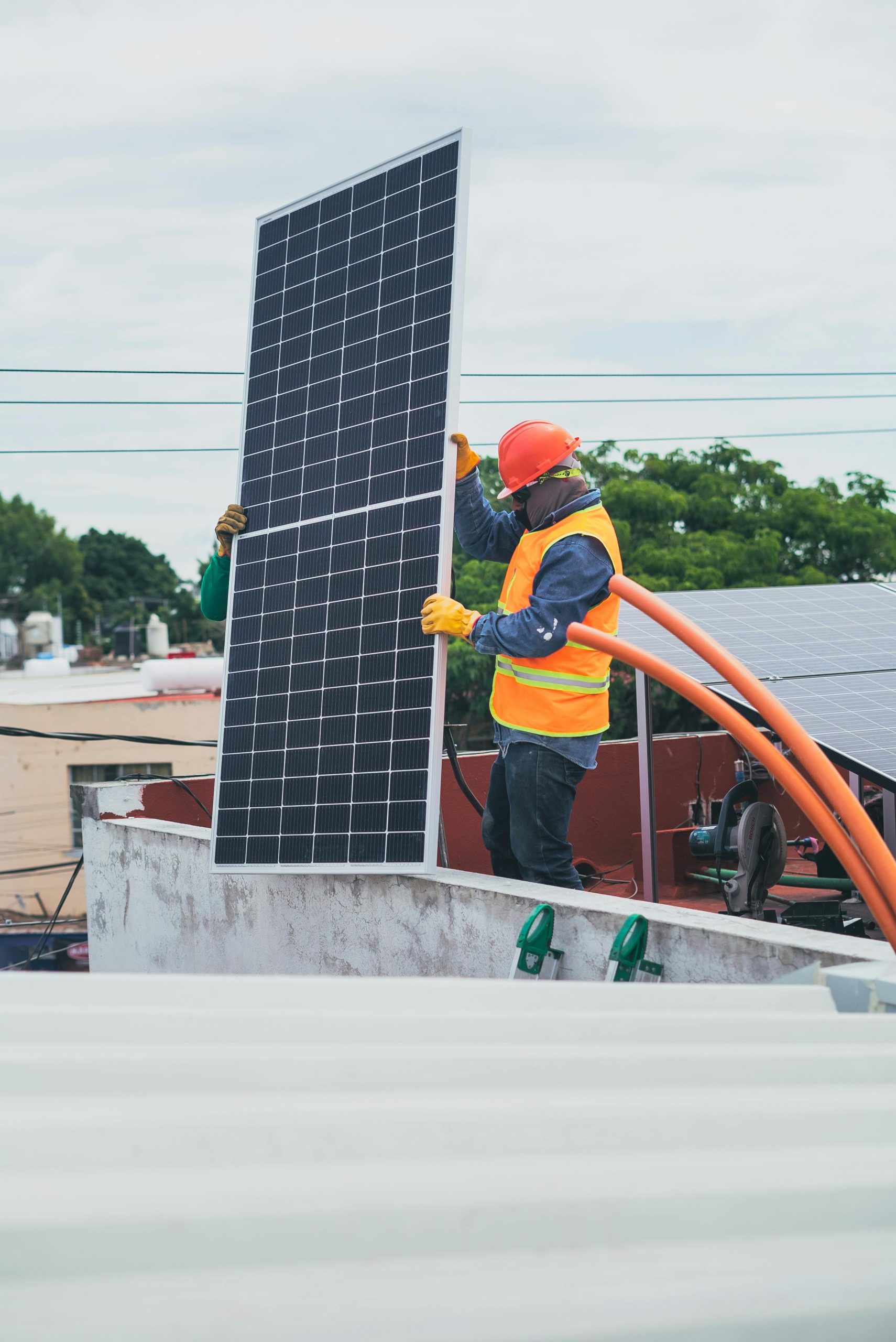Top 10 Green Technology Innovations Transforming the World in 2025

As the world faces climate change and environmental challenges, green technology has emerged as one of the fastest-growing industries in 2025. From renewable energy and electric vehicles to smart recycling systems, innovative eco-solutions are shaping a sustainable future. Let’s explore the top 10 green technology innovations that are transforming the world today.
1. Solar Paint Technology
Imagine painting your house and generating electricity at the same time! Solar paint converts sunlight into energy using nanoparticles. In 2025, this technology is becoming commercially available, allowing homes and offices to produce clean power without installing bulky panels.
2. Vertical Farming Systems
With global populations rising, traditional farming is running out of space. Vertical farming allows crops to grow in stacked layers indoors using LED lighting and hydroponic systems. This method saves water, reduces land use, and produces pesticide-free food.
3. Electric and Hydrogen Vehicles
Electric vehicles (EVs) are now mainstream, but hydrogen-powered cars are the next big thing. In 2025, major automakers are investing in hydrogen fuel technology for faster refueling and longer ranges, helping cut down global carbon emissions significantly.
4. Smart Waste Management
AI-powered bins and smart waste collection systems are revolutionizing recycling. These systems automatically sort garbage, detect materials, and optimize waste routes—helping cities reduce landfill waste by up to 60%.
5. Ocean Cleanup Robots
Plastic pollution is one of the biggest environmental threats. Autonomous ocean cleanup drones are now actively collecting plastic waste from oceans, rivers, and coastlines. Some advanced models can even recycle the collected plastic on-board.
6. Green Hydrogen Energy
Green hydrogen, produced using renewable energy sources, is a clean alternative to fossil fuels. In 2025, it’s being used in industries, shipping, and power generation. Countries like Japan and Germany are leading large-scale adoption projects.
7. Smart Grids and Energy Storage
Smart grids balance power demand and supply using AI, reducing energy waste. Combined with high-capacity batteries, they allow cities to store renewable energy and distribute it efficiently, making blackouts less frequent.
8. Biodegradable Packaging
Plastic packaging is slowly being replaced by biodegradable and compostable materials. In 2025, many global brands have switched to packaging made from cornstarch, sugarcane, or algae — drastically cutting plastic waste.
9. Carbon Capture and Storage (CCS)
New CCS technologies capture carbon dioxide from industrial emissions and convert it into reusable materials like fuel or cement. These solutions are helping industries reduce their carbon footprints while maintaining productivity.
10. Smart Eco Homes
Homes in 2025 are becoming smarter and greener. From solar rooftops to AI-controlled lighting and water recycling systems, smart homes can reduce household energy use by up to 50% while providing maximum comfort and convenience.
Why Green Technology Matters
- Reduces carbon emissions and pollution.
- Promotes renewable and clean energy sources.
- Creates sustainable jobs and industries.
- Improves global health and food security.
- Supports eco-friendly economic growth.
Future of Green Innovation
In the next decade, governments and private sectors are expected to invest heavily in green technology. With growing public awareness and environmental policies, the demand for eco-friendly solutions will continue to rise — leading to a cleaner, smarter, and more sustainable world.
Conclusion
Green technology is not just a trend; it’s the foundation of the future. From solar paint to smart grids and biodegradable packaging, each innovation brings us closer to a cleaner planet. Supporting and adopting these technologies is everyone’s responsibility for a better tomorrow.
Category: Environment / Technology / Innovation
Tags: green technology, 2025 innovations, renewable energy, solar paint, hydrogen cars, sustainable living, biodegradable packaging, vertical farming, smart homes, eco future